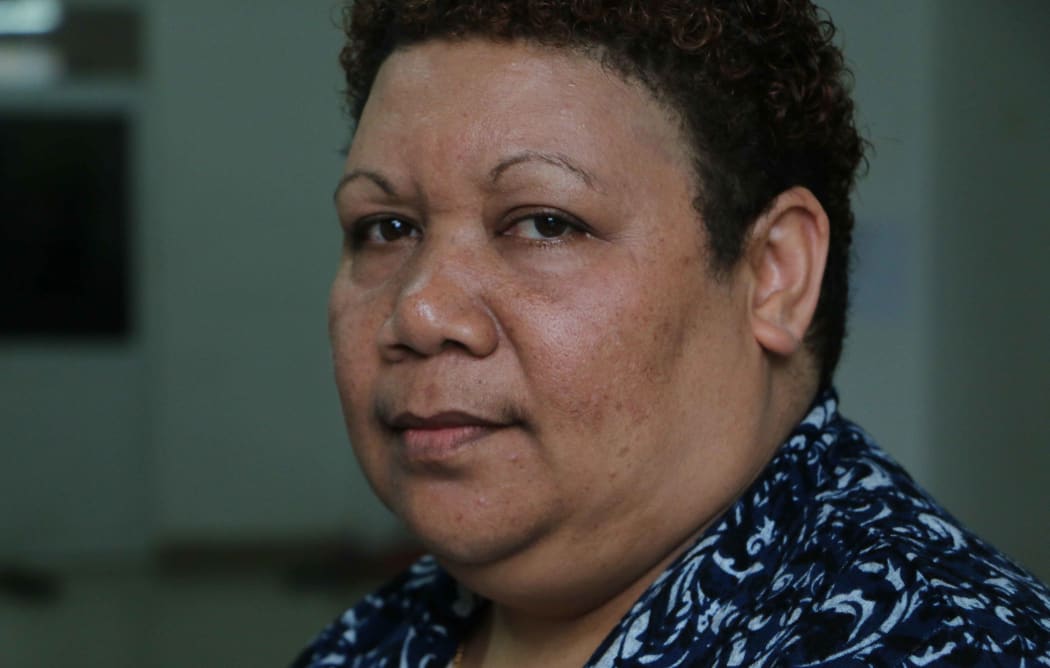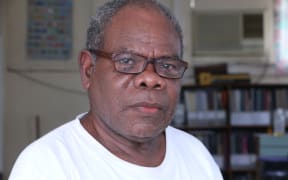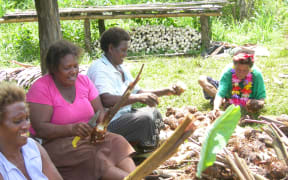Solomon Islands' minister for women, Freda Tuki Soriocomua, who is also the only woman in Solomon Islands' 50 member parliament, says she does not believe having reserve seats for women is the best way to progress women's leadership in the country.

Freda Tuki Soriocomua Photo: RNZ/ Koroi Hawkins
According to the Inter-Parliamentary Union, as of last month, Solomon Islands had the sixth worst representation of women in parliament in the world.
The country, which celebrates 39 years of democracy this Friday, has had only three women in parliament since gaining independence from Britain in 1978.
Since 2008 women's rights advocates in the country have been pushing for 10 reserve seats for women, one for each of the 9 provinces and one for the capital Honiara.
Two consecutive governments promised and failed to create reserve seats for women and the current government proposed temporary special measures to trial reserve seats for women over five years.
But Mrs Soriocomua, who secured her seat in an open election running against in one of Solomon Islands' most traditionally patrilineal electorates, said while she understood the logic behind the move, she didn't believe it would help local women advance gender equality in the country.
"I'm not agree with the idea of just giving them the reserve seats to walk in. You must be elected in a proper procedure. So that when you speak out or become a legislature people want to listen to you. It's not fair for our men, you have to fight to get the chair in a proper way."
Mrs Soriocomua also said culture needed to be kept separate from democracy if women were to progress as leaders in the country.
She said she was only able to do so because her aspirations for democratic leadership were completely separate from the cultural leadership roles of local chiefs.
"I have to respect them, I have to go right down, sit down with them, in our own culture, not bringing the democratic and culture together, you can not do that. You have to respect them, let them always be up there, and you sit down like you are the one who brings message to them, and you bring back the message to the the government, and this is how we should work."
Solomon Islands has the sixth worst representation of women in parliament in the world.
Cultural barriers to women's participation in leadership in Solomon Islands are well documented in research by regional academics and experts and international human development organisations.



